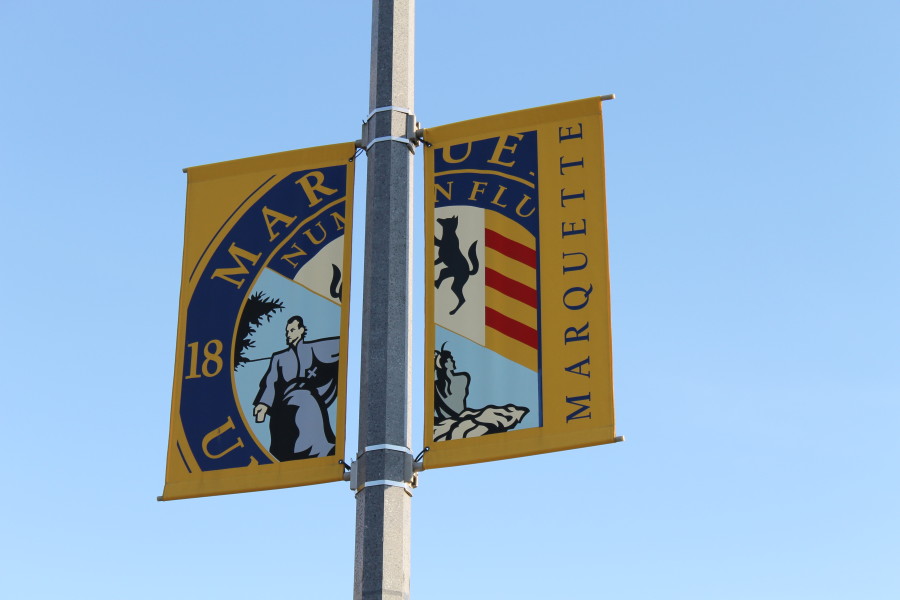Marquette recently revised its Title IX Sexual Harassment, Discrimination and Sexual Misconduct Policy, allowing students to bypass conduct proceedings.
According to the new policy, individuals reporting a sexual misconduct policy violation, known as a complainant, will now work directly with a deputy Title IX coordinator instead of being seen by a conduct board.
The revision, announced Oct. 26, occurred to meet various guidelines set by the Office for Civil Rights, a sub-agency of the U.S. Department of Education with regional offices scattered across the country.
Marquette entered into a voluntary resolution with the Office for Civil Rights in September after being investigated for a June incident when a former female student filed a complaint alleging she was harassed by a former male student.
Marquette Title IX Coordinator Christine Harris Taylor said the intent is to have a positive effect so people who have been harassed or discriminated against are comfortable reporting incidents.
Under the new policy, the complainant now goes through what Taylor refers to as a civil rights investigation model.
First, there is an investigation of a complaint. Then, the information is assigned to one of the deputy Title IX coordinators. There is an interview between the complainant and deputy coordinator and a chance to coordinate a university response.
Taylor said the investigator is the person that interviews, talks to witnesses and decides whether or not there is a policy violation.
“This policy applies to everyone at the university.” Taylor said. “When we (as a university) know about it, we have the ability to have an institutional response and provide resources for people.”
If necessary, the university can provide counseling, medical treatment, modification of class scheduling or course sections, housing reassignments and safety escorts. A full list of interim measures can be found in the sexual misconduct policy on the Office of Student Development website.
“I hope the changes will lead to increased reporting of sexual harassment, discrimination and sexual misconduct,” Taylor said. “When that occurs, it makes the campus and learning environment safer for faculty, staff, students, visitors and guests.”
Due to the Office for Civil Rights guidelines, Taylor said all universities are looking at their Title IX policies.
If a complaint is made to the Office for Civil Rights regarding university policy or the way a university handles complaints, the office can investigate to make recommendations as far as how the university needs to adjust its policy. Federal funding can be revoked if the violation is serious enough.
“What these changes actually reflect are what we consider best practices in the area of Title IX,” Taylor said.






